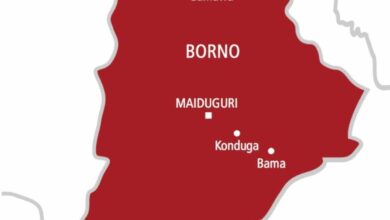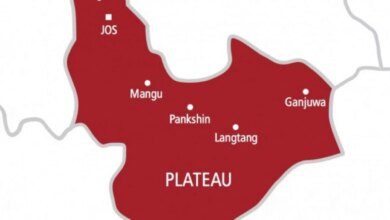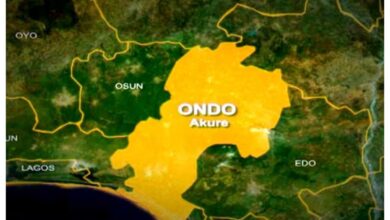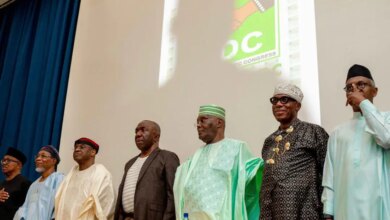The NLA Scandal: When watchdogs hesitate, citizens pay twice – Kay Codjoe writes
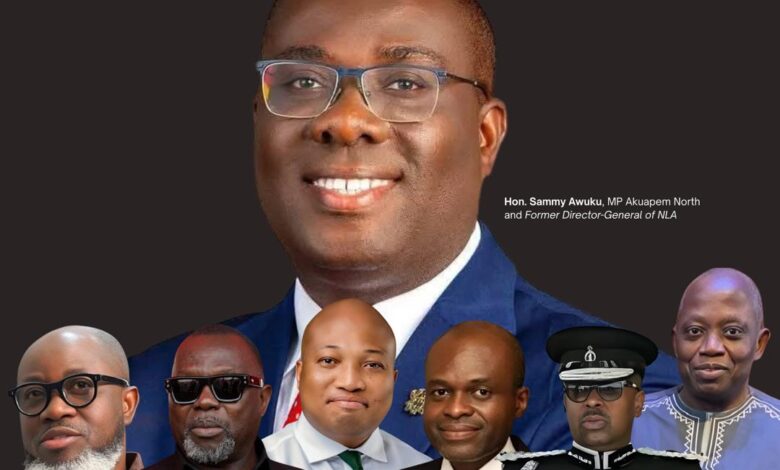
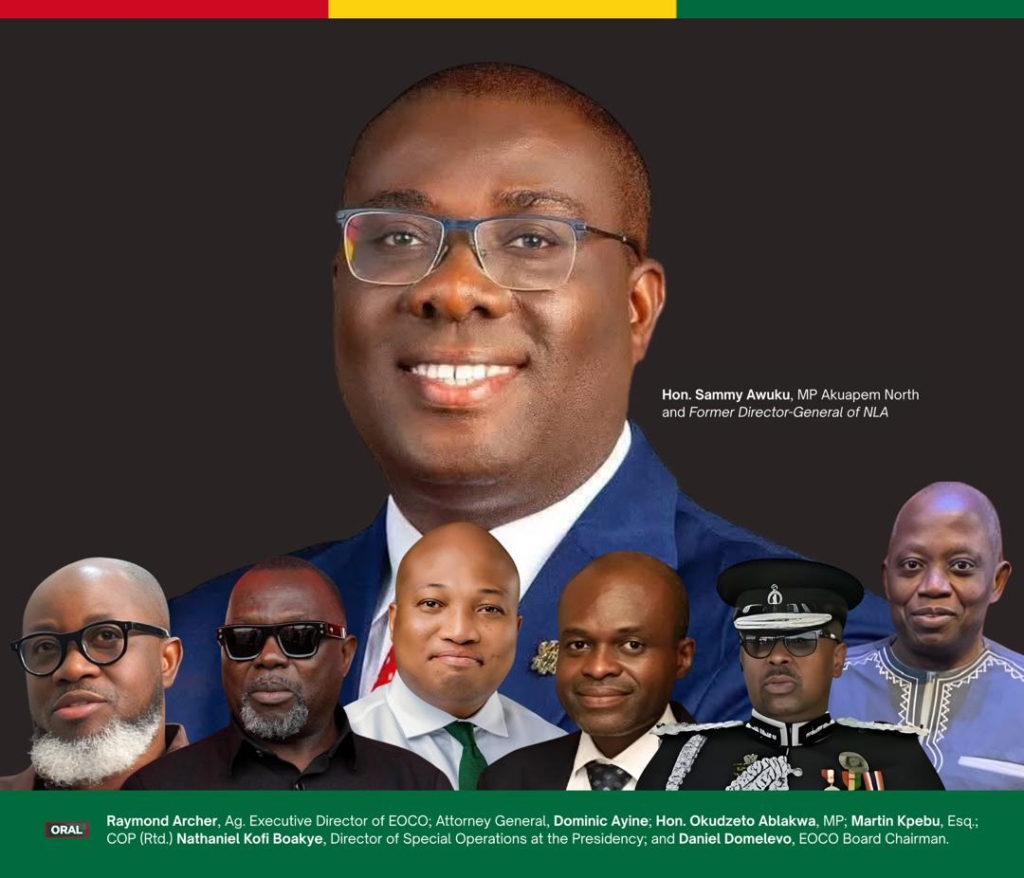
The public sentiment around the NLA “Good Causes” scandal roars with rage. Citizens cannot fathom how such diversions of funds continued for years without detection. They ask why, despite the Mahama-led NDC government’s pledge to fight corruption through ORAL, Operation Recover All Loot, this scandal was missed after eight months in office. And they wonder why it had to be The Fourth Estate, not the state’s own accountability machinery, that finally exposed it.
Outrage over the misuse of the National Lottery Authority’s “good causes” fund is justified. That money was meant to strengthen hospitals, improve schools, and cushion the vulnerable, yet it was diverted into prestige projects. The deeper disappointment is that it was The Fourth Estate, not the Auditor-General or the NLA’s own auditors, that exposed it. The same happened with the National Service Authority, formerly the NSS, ghost names scandal. Institutions with constitutional mandates to safeguard the public purse seemed unable, or unwilling, to detect what journalists with far fewer resources managed to uncover.
It is true that the current NDC administration has been in office for only eight months. But corruption is not bound by calendar months. Citizens were promised a proactive ORAL framework to recover all loot. Eight months is long enough to show urgency through audits, probes, or interim reports. If the promise was to bite fiercely, then the citizen is right to ask why the teeth have not shown.
Some say ORAL has been working quietly behind the scenes. Yet in accountability, perception matters as much as action. Silence without visible results looks like hesitation. Anti-corruption bodies are judged not by their presence on paper but by the results they deliver.
Others argue that the Auditor-General cannot possibly catch everything and that investigative journalism is meant to complement state institutions. That is true in principle. But when every major scandal is first unearthed by journalists, we are no longer speaking of complementarity. We are looking at systemic failure. Citizens do not fund oversight institutions for them to be sidelined. They fund them to prevent theft in the first place.
On Asempa FM, Sammy Awuku tried to justify the NLA’s “Good Causes” spending as a marketing strategy. But let us be clear. Act 722, section 2(3), expressly confines the Good Causes object to caring for the needy, the aged, the physically or mentally afflicted, orphans, and destitute children. There is therefore, a strong legal argument that many of these disbursements, if proven to have violated Act 722, could amount to causing financial loss to the state. That is not mere misjudgment. It is potentially a prosecutable breach. The moment state money intended for vulnerable citizens is redirected to prestige projects under the cover of “marketing,” the law is not just implicated, it is invited into the conversation.
Tsatsu Tsikata, as Chief Executive of GNPC, was convicted in 2008 of causing financial loss to the state and later acquitted by the Court of Appeal in 2016, a saga many legal scholars still regard as criminalising a policy decision rather than a crime. Whether one agreed with that judgment or not, it proved the law could be stretched when politics demanded it. Compare that with Sammy Awuku’s defence. If Tsatsu could be jailed for a contested “loss,” why should clear diversions of NLA funds, presented as marketing, escape the same test? Justice cannot be harsh for some and soft for others. If the principle of causing financial loss is to mean anything, it must be applied without fear or favour.
Some will claim this is all politicisation. The record proves otherwise. The NLA scandal bloomed under the NPP, and the NSA ghost names racket stretched across transitions. Today, under the NDC, oversight questions remain. This is not a partisan issue. It is a Ghana issue. Both parties have fattened the state with patronage while weakening its systems of accountability. When scandals erupt, they point fingers across the aisle, but neither side has given citizens the protection the Constitution promises.
And we have seen how real accountability has been handled before. When former Auditor-General Daniel Domelevo boldly used his powers of surcharge and disallowance to recover millions in misapplied funds, he demonstrated that the tools of oversight can work. Yet instead of being strengthened, he was forced out of office, a removal later declared unconstitutional by the Supreme Court. That episode remains fresh in citizens’ minds. It showed both the possibility of accountability and the political resistance that undermines it. Against that backdrop, ORAL’s hesitation today feels even more troubling.
Another excuse is that reform takes time. Certainly, institutions cannot be rebuilt overnight. But urgency does not require perfection; it requires visible action. Even within months, a government can show willpower through temporary task forces, swift investigations, or clear reform timelines. The issue is not simply a delay; it is the absence of urgency.
The real question is sobering. How many more scandals remain unseen because ORAL has not acted with the urgency required? How many contracts, payrolls, and projects are inflated quietly while watchdogs hold their fire? If The Fourth Estate had not done the work, would Ghanaians still be applauding the very ceremonies funded by money meant for the poor?
Respectfully, outrage is not enough. The Constitution calls for the fight against corruption and guarantees the independence of the Auditor-General. ORAL must be a shield, not a decoration. If it fails to protect, it must be strengthened. Until then, every exposé shows a system that hesitates, and when it does, citizens and journalists must step forward.
DISCLAIMER: The Views, Comments, Opinions, Contributions and Statements made by Readers and Contributors on this platform do not necessarily represent the views or policy of Multimedia Group Limited.
DISCLAIMER: The Views, Comments, Opinions, Contributions and Statements made by Readers and Contributors on this platform do not necessarily represent the views or policy of Multimedia Group Limited.
Source link

